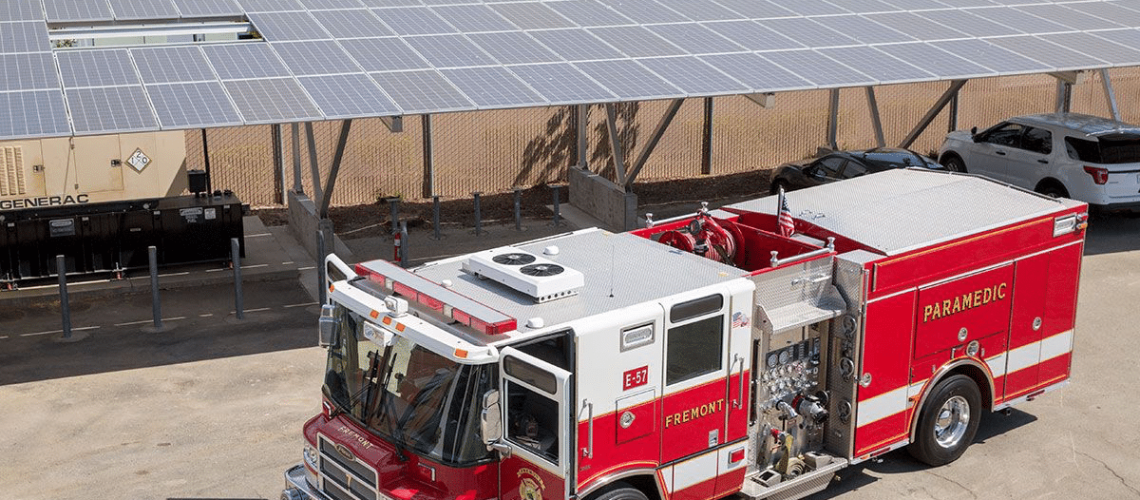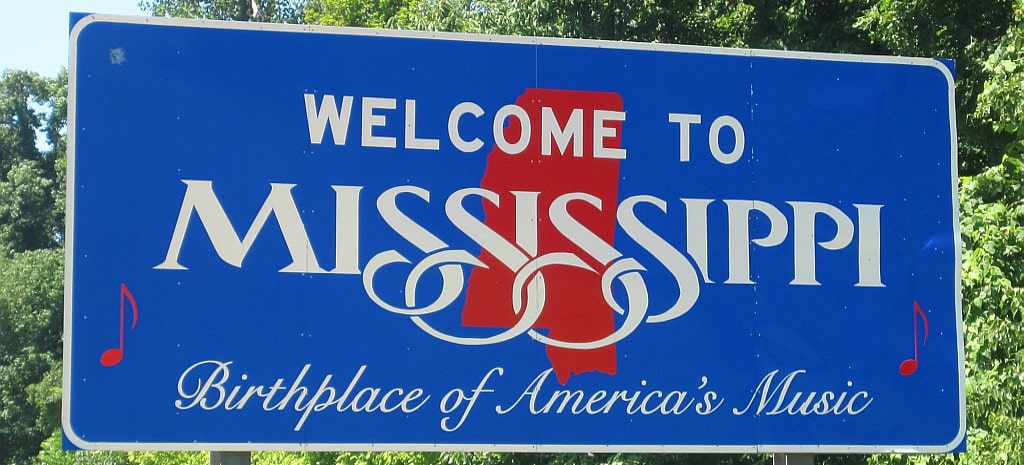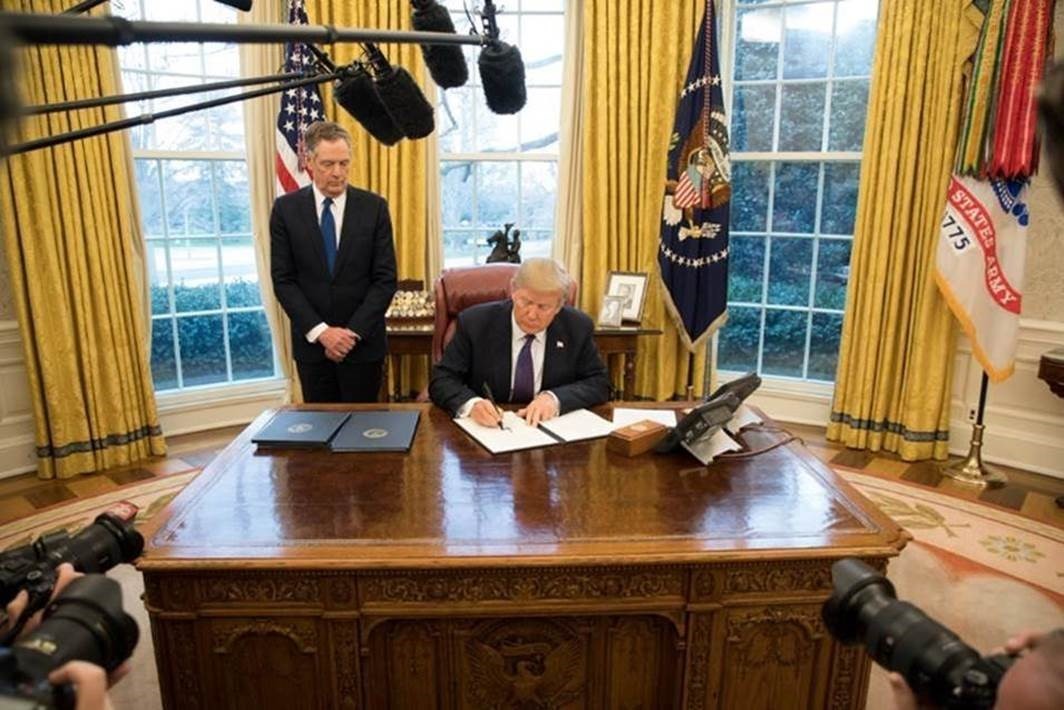The 3.1 MW solar and 6.2 MWh battery microgrid portfolio will provide energy resilience as part of the Resilient Municipal Critical Facilities program.
Gridscape Solutions, a Fremont, Calif.-based microgrid and EV charging station developer, was selected by community choice aggregator East Bay Community Energy to deploy 30 microgrids with 3.1 MW of solar and 6.2 MWh of battery systems in four Bay Area, California cities.
The microgrid portfolio will provide energy resilience during power outage events in northern California and reduce electric bills to EBCE’s customers as part of its Resilient Municipal Critical Facilities program. The municipal platform is designed to bundle distributed community energy projects into a larger portfolio.
Vipul Gore, founder and chief executive officer of Gridscape, said the ECBE microgrid portfolio will take about 18 months to complete, with main factors effecting timing including permitting, interconnection delays, and supply chain constraints.
The four-city portfolio represents the largest microgrid project deployment under a single third-party financed power purchase agreement, the company said. To support critical service power in Hayward and Fremont, Calif., the program received a $2 million federal grant to fund the microgrid portfolio.
Gridscape’s microgrid systems are deployed using the company’s EnergyScope Distributed Energy Resource Management System (DERMS) controller, which allows the site owner to directly control the distribution of battery power discharge on daily intervals. The control system provides real-time system updates and monitors fault detection, alarm monitoring, performance management and remote diagnostics.
The company’s lithium iron phosphate (LFP) battery system is contained in an IP55-rated hardware shell, designed to protect against dust that could impede normal operations, and fully protect from water jet streams by a nozzle source. Additional features include fire suppression, off-gassing, a security camera and energy meters to measure grid power and critical load components.
Gridscape procures solar modules from LG Chem, SunPower and Trina, according to its website.
To date, the company’s microgrid projects and EV charging systems have been deployed for various California municipalities, their fire departments, universities and tribal authorities such as the San Pasqual Band of Mission Indians.
In June 2022, Gridscape partnered with the San Pasqual Band to deploy a community solar-plus-storage microgrid for the tribal group’s administrative building, schools, police station and fire department facilities in Valley Center, Calif. The microgrid is partially funded by a Department of Energy grant.
The tribal energy system consists of a 156.8 kW solar carport array paired with an existing 24 kW solar array on the tribe’s schools, plus 480 kWh battery systems projected to save $78,286 in annual energy costs. Additional equipment added to the microgrid includes six EV charging stations and a 150 kW liquid propane fueled generator, according to Gridscape.
The company’s EV charging solutions involve Level 2 and DC fast charging stations in which stations are interconnected with onsite solar and storage systems. In one case study, Gridscape deployed 110 DC fast charging ports into a microgrid system with 9.13 MW of solar and 14.3 MWh of battery resources.
East Bay Community Energy (EBCE) is a California nonprofit agency that procures renewable energy via utility Pacific Gas and Electric’s (PG&E) lines as a “community choice energy service.” In May 2021, ECBE was awarded a $300,000 grant by the Environmental Protection Agency to develop an inventory of brownfield sites throughout its service area that could be a good fit for redevelopment as EV charging hubs for light, medium, and heavy-duty electric vehicles.
Gridscape was formed in 2013 as a solar, battery and EV charging systems integrator for municipal, education facilities, retail and tribal authorities.





